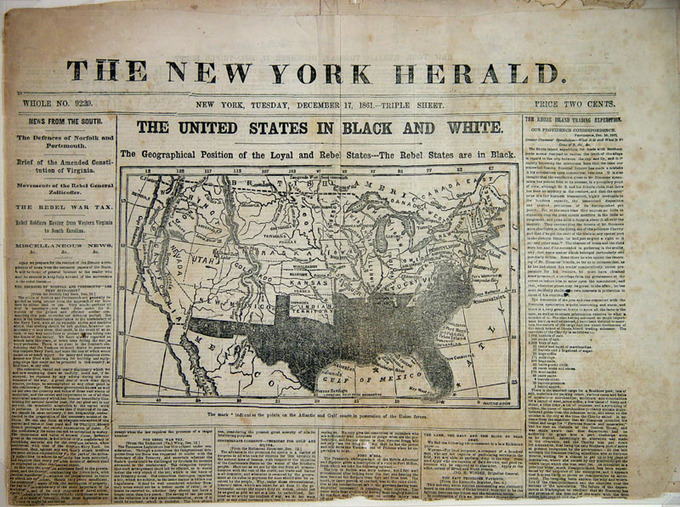The year is 1957: a year where Ghana gained its independence from Britain and would set off a chain reaction, joining North Africa, South Africa and Ethiopia in their quest for independence in the coming years. Four kids who were from South Africa, Ethiopia, Ghana (Gold Coast and Nigeria respectively participated in a debate held by the Herald Tribune Forum in New York. These kids were freaking brilliant. Like the constant flow of ideas and viewpoints was extraordinary and a lot of people from the United States don’t have that today at all. We are too busy trying to parrot key phrases and sound like we know what a gwan. Anyways, it also gave a glimpse of life in the 50’s and the various narratives that we today would find very fucking odd and not fit with the narrative spewed by the media today.
I can only imagine how much of a weird time the 50’s were. World War II had just ended 10 years ago, new ideologies were forming, and former colonies of Europe were gaining independence. To an extent, everyone was European. They spent four hundred years cultivating a culture steeped in material comfort and ease. It took a lot of destructive colonization in the New World and later in Africa/Asia to get there. So, as you might assume, the decolonization period was very, very tense. Everyone seemed to be wary of what their neighbor would do next. Especially if they were a brand-new independent nation formerly under the cloak of Europe. This was embodied in these teenagers and the propaganda being propagated in their respective countries.
The girl from South Africa (Susan Rennie) was a white Afrikaner teenager who went on to be a successful feminist author and I think she married someone in the states. The host of the debate definitely let me know what timeframe we were in as she was very particular about her skirt length and having it a few inches above the knee was considered “rebellious”. You could sense the apartheid propaganda was etched in her brain when discussing how the Boers had to build South Africa from the ground up and teach the “African natives” how to be properly civilized. The whole point of apartheid was to “lead to a solution”. They apparently had no choice. Shockingly, she said this in front of three other people who had the same skin color as the majority of South Africans today.
That wasn’t even the most shocking portion of the debate. That came about when the Ethiopian kid (Mesfin Binega) spoke up and was pretty much in agreement with what the South African shawty said. He believed the African negro to be inferior and the white people to be immoral. They were the chosen ones and were from the lost tribes of Israel. They “unfortunately” had burnt skin. The urge to align oneself with Jewish folklore back in those days and today is interesting because we all know the goal of doing such. It is to be aligned with the most powerful and inflate one’s sense of self. As Nietzsche said, will to power. And nothing besides. Mesfin Binega would go on to redeem himself a bit by saying that the South African government was wrong for mistreating the African natives but he made his earlier stance quite clear. That he was not a Negro. It’s also interesting seeing this perspective because 30 years later, Rastafarianism and a lot of movements in the Western Hemisphere see Haile Selassie and Ethiopia as the black cradle and a good portion of the nation didn’t (and still don’t) even consider themselves black! Given, this has changed over time a bit but the wish to distance themselves from the black Africans is in the subconscious of a lot of Ethiopians and people from surrounding regions.
One of the sharpest people on the show who was very articulate and argued against the plight of South Africans was the late Boniface Offakaja. He would go on to become a famous broadcaster in Nigeria. The guy was articulate and was able to cite from multiple sources about the plight of the Black South Africans and also gave a very interesting perspective of racism in the United States. He believed that the racism here was basically a byproduct of people fearing their livelihoods would be taken from them. I kinda agree with him here as most people have animosity towards outside groups because of the threat to their livelihood. He went on to tear up Susan bit by bit about apartheid in her country, explaining native black Africans were the backbone of the economy. Referencing a white author who wrote “Cry, the beloved homeland”, he mentioned how mining
The show really showed the beauty of debate and very conscious conversation about world issues. I hope something like this can be emulated once again in this politically correct climate.
